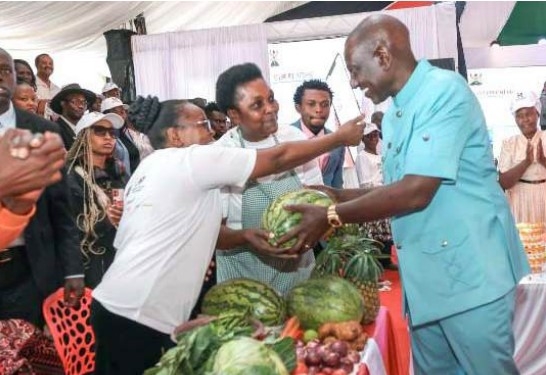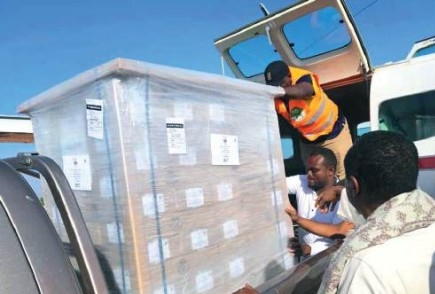PS State Department for Micro, Small, and Medium Enterprises Development, Susan Mang'eni, pointed out MSMEs as better placed to create employment.
While addressing the first cohort of Emerge Supplier Acceleration Program graduates, she urged young women to be at the forefront of solving the unemployment problem through their businesses.
"The biggest obstacle for youth in Africa, and Kenya included, is unemployment,” she said.
25 women graduated from the entrepreneurship program in Nairobi, an event that was also graced by Unilever Managing Director Luck Ochieng and SME Support Center CEO Linda Onyango among others.
The four-month program being run by Unilever East Africa in partnership with the SME support center aims at supporting women-led businesses, and persons disabled differently to scale up their businesses, access to funds, and networking opportunities.
In addition, they learned how to audit and improve their business and operations, how to make them more efficient and effective, and how to create an environment where they can grow and partner with other companies beyond Unilever.
In 2021, Unilever made a commitment to make Sh1 billion out of their supply chain available every year to be accessed by women MSMEs.
“Many would ask why women? It’s an area we saw most underrepresented, and we could make a difference,” said Ochieng.
Ochieng remarked that progress has been made since the start of the program, with up to 70% of the inputs into their business being locally sourced.
Mang’eni further expressed the state's intention of working with the private sector to ensure the economy is productive while making the government’s industrialization strategy succeed.
She underscored the importance of having an MSMEs-focused department for the first time since independence.
“We are here to make sure we grow its fund as we realized the critical role this sector plays in creating jobs,” said Mang'eni.
The PS urged Kenyans to tap into innovative enterprises around the key priority value chains, including dairy, leather, edible oil, coffee, textiles, and apparel.
She added that the president is committed to enabling access to markets, finance, and capacity building, as well as the provision of common-user manufacturing facilities in the county aggregation and industrial parks to facilitate value addition by MSME.
Linda Onyango, on her part, said the SME support center exists to ensure the growth and skills of SMEs are achieved by partnering with other companies while putting emphasis on innovative approaches and methodologies on how they can impact SMEs and institutions to provide support.
“We are big on simple, practical, localized, and sustainable solutions with the main agenda of accessing markets locally and internationally,” said Onyango.














